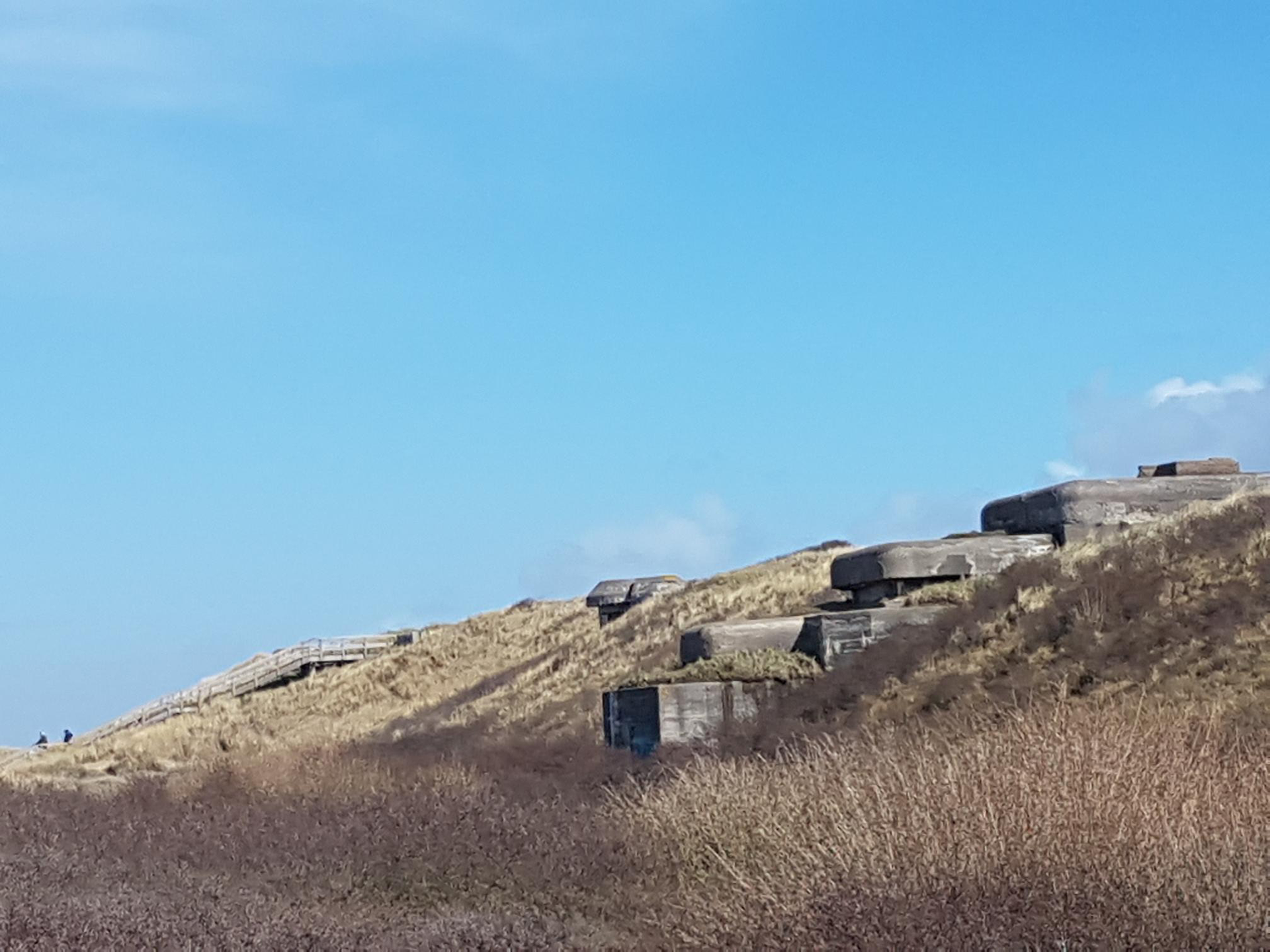Future of a disputed line
Lecturers at the Faculty of Architecture and the Built Environment are investigating methods for dealing with the controversial heritage of the Atlantic Wall
Our past sometimes has controversial sides regarding heritage when it’s linked for example to the Second World War or slavery. When protecting this controversial heritage, you need to have a good plan to appreciate the different visions and sensitivities regarding this heritage. Of course, heritage experts prefer to preserve relics from the past. But what is the public opinion of people living close by this multifocal past? Policymakers want to know how to measure public opinion.
Atlantic wall
The Atlantic Wall is such a 'controversial' heritage. It was built by Nazi Germany (1942-1944) to protect the Third Reich from Allied Forces. Along the coast from Norway to Spain, an elongated system of bunkers, covered corridors and turrets were constructed. Almost 2400 houses in The Hague were demolished during the construction of this defence line. After the war, many of these bunkers were covered with sand to erase the memory of these horrible times. But due to urbanization and adaptations of our coastal landscape, these traces are released and a public discussion is starting.
Audience Values of Heritage
Therefore, researchers at TU Delft are testing various approaches to investigate the public's opinion within the COHERENT project. This research project is funded by the Dutch Research Agenda (NWA) and consists of three projects that measure the public's opinion on controversial heritage. For this project, TU Delft is investigating the multifocal surrounding the Atlantic Wall in The Hague. "Last year, we organised a student design workshop for the Department of Archaeology and Monument Conservation of The Hague," says Gerdy Verschuure-Stuip, assistant professor Landscape Architecture and Heritage and cluster leader for the LDE Centre for Global Heritage and Development. After the war, the tracks were hidden under the sand, but these are now being excavated and displayed. Therefore, the city of The Hague wants to develop a heritage vision of how the city wants to deal with this heritage. This was the starting point between the city and the LDE Centre for Global Heritage and Development. In May 2022, students made plans for the future.
The Hague Liberation weeks
"During this workshop, we were confronted with diverse groups and various opinions and that gave us the idea to explore different methods to juxtapose those opinions. And that's what we're doing now," Gerdy explains. "On Wednesday afternoon, April 19, we will launch a photo contest for all residents of The Hague about what they find special, beautiful, ugly or controversial", explains Rients de Boer, a postdoc at TU Delft working on the COHERENT project. In addition, some results of the design workshop will be presented. The reason for this growing attention is, that between mid-April and mid-May in which the Hague Liberation Weeks are held with multiple festivities and meetings. A second workshop will follow soon with locations in The Hague, Katwijk and Noordwijk– then it will be for the Province of South Holland and the heritage line Atlantic Wall. The results will be presented during Bunker Day on 3 June 2023.
More information
Dr. Ir. Gerdy Verschuure-Stuip (Faculty of Architecture TU Delft) and Dr. Rients de Boer (Centre for Global Heritage and Development, LDE) are involved in this project.
This project is part of COHERENT.
Read more about the photo contest here.

